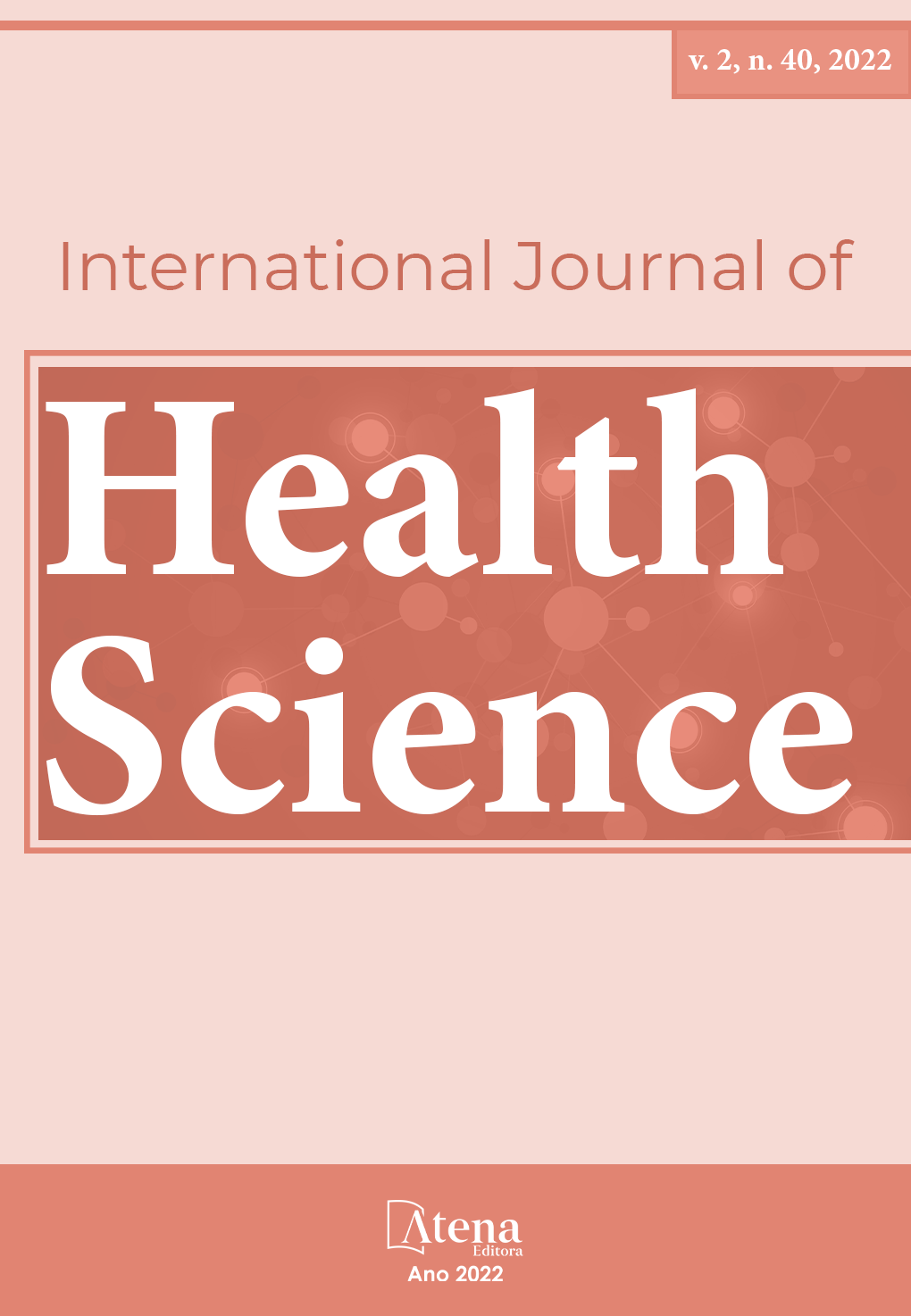
ACCESSIBILITY, SEARCH AND USE OF HEALTH SERVICES BY CHILDREN OF MIGRANTS IN PORTUGAL: INTEGRATIVE LITERATURE REVIEW
Introduction: Portugal has been asserting itself as a destination country for migrants of different origins (Instituto Nacional de Estatística, 2012), having therefore developed several policies focused on their integration. The migrant population is considered a vulnerable group in the health area for socioeconomic, educational and legal reasons. This vulnerability translates into limitations to health promotion and disease prevention services and goods and increasing difficulties with regard to their access, demand and use (Ramos, 2009).
Goal: To know the scientific evidence regarding the accessibility, demand and use of health services by the children of migrants.
Methodology: The research for this integrative review was carried out in the B-On, RCAAP and CIÊNCIA – IUL databases. Through the descriptors "Accessibility", "Health" and "Migrants", and the inclusion criteria: research articles and articles in scientific journals published between 2009 and 2019, and after exclusion by title and abstract, 7 articles.
Results: When compared to the non-migrant population, the migrant population has less accessibility to health services, despite being offered the means to enjoy primary health care (Estrela, 2009; Padilla, et al, 2013; Matos, et al., 2015). In addition, they are a group that makes little use of health services, making use mainly of the Emergency Department (Estrela, 2009; Ramos, 2009; Topa et al., 2013; Jordão et al., 2018).
Conclusion: Differences in accessibility, demand and use of health services in the migrant population are explained by the fear of being extradited, by the scarcity of health and legal information. It is up to the health professional to train these groups of people, as well as acquire skills that allow them to provide adequate care to the child born to migrants. It is important to mention that these conclusions may not represent the current reality, since the information consulted is scarce and the studies developed in this area are few.
ACCESSIBILITY, SEARCH AND USE OF HEALTH SERVICES BY CHILDREN OF MIGRANTS IN PORTUGAL: INTEGRATIVE LITERATURE REVIEW
-
DOI: 10.22533/at.ed.1592402219077
-
Palavras-chave: Accessibility; Health; migrants.
-
Keywords: Accessibility; Health; migrants.
-
Abstract:
Introduction: Portugal has been asserting itself as a destination country for migrants of different origins (Instituto Nacional de Estatística, 2012), having therefore developed several policies focused on their integration. The migrant population is considered a vulnerable group in the health area for socioeconomic, educational and legal reasons. This vulnerability translates into limitations to health promotion and disease prevention services and goods and increasing difficulties with regard to their access, demand and use (Ramos, 2009).
Goal: To know the scientific evidence regarding the accessibility, demand and use of health services by the children of migrants.
Methodology: The research for this integrative review was carried out in the B-On, RCAAP and CIÊNCIA – IUL databases. Through the descriptors "Accessibility", "Health" and "Migrants", and the inclusion criteria: research articles and articles in scientific journals published between 2009 and 2019, and after exclusion by title and abstract, 7 articles.
Results: When compared to the non-migrant population, the migrant population has less accessibility to health services, despite being offered the means to enjoy primary health care (Estrela, 2009; Padilla, et al, 2013; Matos, et al., 2015). In addition, they are a group that makes little use of health services, making use mainly of the Emergency Department (Estrela, 2009; Ramos, 2009; Topa et al., 2013; Jordão et al., 2018).
Conclusion: Differences in accessibility, demand and use of health services in the migrant population are explained by the fear of being extradited, by the scarcity of health and legal information. It is up to the health professional to train these groups of people, as well as acquire skills that allow them to provide adequate care to the child born to migrants. It is important to mention that these conclusions may not represent the current reality, since the information consulted is scarce and the studies developed in this area are few.
-
Número de páginas: 10
- Maria do Céu Neves
- Rita Correia
- Anabela Ribeiro
- Luís Ribeiro
- Adelaide Paiva
- Conceição Farinha
- Mariana Sousa
- Marta Sousa
- Ema Cardeira
- Diana Bernardino
- Maria Augusta Gomes Alves Ferreira


